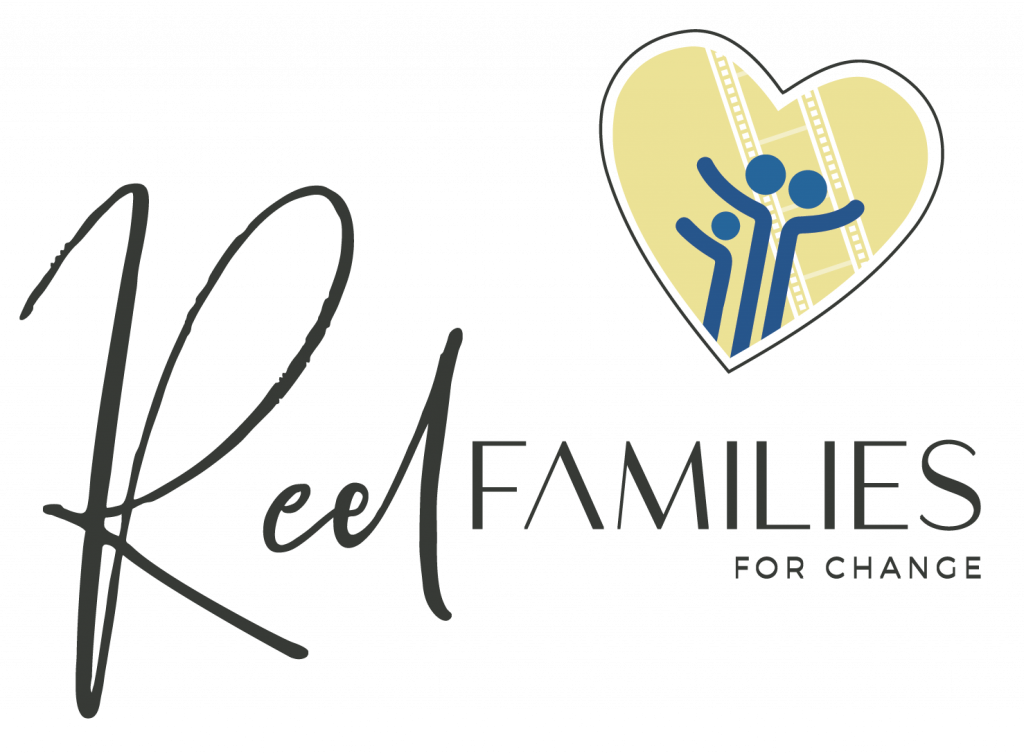The Power of Collective Action
Transforming the private sector's responsibility for workers
Written by Sarah Lutot
Leveraging collective power is an effective, formidable, and compelling strategy to achieve equity in the workforce. We’ve seen this time and time again, most recently with the WGA & SAG-AFTRA strikes. These strikes exemplify the transformative power of united voices working toward a centering of care.
However, harnessing such influential and powerful action does not come without struggles. We’ve previously explained: “Many strikers undergo exceptional hardship – mentally, emotionally, and financially – as there is often no guarantee of or timeline for success when they begin. Furthermore, non-union workers affected by long-term strikes don’t have the benefit of strike funds and union benefits to carry them through this time” (RFC).
Another less-discussed, yet profoundly influential side effect that often deters individuals from joining in on collective power is a sense of internalized oppression. This is the deeply ingrained, insidious notion of “I am willing to act to my own detriment so you don’t have to harm yourself, and that way you’ll still like me.” This self-sacrificing mentality perpetuates a cycle of inequality and harm, stifling the collective power needed for change.

This internalized oppression is exactly what these money-hungry stakeholders who control the industry want, which is why it’s imperative that we do not accept the status quo. We must demand more from big business and unaligned stakeholders; holding them accountable for caring about their workers. We know that a higher budget does not equate to more sustainable sets. Smaller production teams are creating films that center care with shorter days and equitable pay every day. Sustainable production is not an issue of budget, but rather team values. And we can’t expect big business to value us before we learn to value ourselves.
The current state of many industries is uncertain. We don’t know what it will look like in the future. Right now, we know that tentative agreements with the AMPTP ended the WGA and SAG-AFTRA Strikes, allowing writers and actors to return to work while new contracts are finalized. It is not unlikely that other unions will follow in their footsteps, especially amidst the wins.
For example, the International Alliance of Theatrical Stage Employees (IATSE), was on the verge of a strike during the pandemic. Made up of over 170,000 behind-the-scenes workers, IATSE is the largest union representing workers in the entertainment industry. Wanting improvements in their treatment and work conditions – familiar sentiments from the more recent entertainment industry strikes – they called for increased wages, reasonable rest, and an overall call for care.
Because of the lack of industry-wide care infrastructure to begin with, IATSE might seem like an unlikely candidate to push this whole discussion over the edge. Many producers, stagehands, makeup artists, camera operators, animators, and front-of-house workers making up IATSE are not provided the livelihood to risk losing their jobs and missing paychecks. However, because this is the largest union, it makes sense that statistically, it should be more diverse. More diversity means that more people would be caregivers and have an ethos of care, which would inform their expectations of their work structures. Additionally, we’ve seen similarly skilled workers strike in the past, including the Chicago Teachers Union, United Auto Workers, and 1199SEIU United Healthcare Workers East. Their collective actions have demonstrated that workers, regardless of their industries or professions, are united in the pursuit of equitable conditions.

In the face of these challenges, it becomes evident that big business must be held accountable for taking care of its workers. When it comes to care in the industry:
- ~50% of people 40+ are simultaneously parents and caregivers to their parents.
This statistic informs that a significant portion of the workforce is constantly balancing professional obligations with caregiving responsibilities. At least half of the workforce is experiencing these issues as a threat to basic livelihood.
We should be looking at these issues from a “systems thinking” approach – taking a step back to assess the bigger picture. Let’s take the screen industry:
Instead of looking at your inability to secure childcare as a barrier to work, other questions become equally important on a social, structural, and systemic level. Why hasn't universal childcare become a thing in the U.S., yet? If private businesses are finding success with on-site childcare, and the major studios and streamers are private businesses, then why aren't they exploring that option?
Earning a living should not have to be achieved at the expense of our humanity. Underestimating the true cost of living not only perpetuates inequalities for caregivers, but also perpetuates the cycle of internalized oppression. Workers find themselves not only obligated to, but compelled to endure harsh working conditions for the sake of job security and acceptance, often at the expense of their physical and mental well-being.
In light of these challenges, it becomes highly plausible that IATSE, comprised of production assistants, manual laborers, and technicians (and also parents, guardians, caregivers, and care advocates) could be the catalyst to drive the must-needed change. Their collective power would not merely be a demand for fair compensation and better working conditions, it would be a call for the corporate giants that wield enormous influence to prioritize the wellbeing of their workforce.
So what can you do?
- Not sure how to join in on collective action? Join our Slack workspace to join our network of changemakers in the film industry. Let’s come together to hold big business accountable.
- Check out RFC’s resources for approaching your leaders in the screen industry about implementing sustainable set practices.
- Are you a leader in the screen industry looking to implement sustainable production on your set? Tap RFC for support. We provide innovative solutions to help organizations thrive while taking care of their people.





